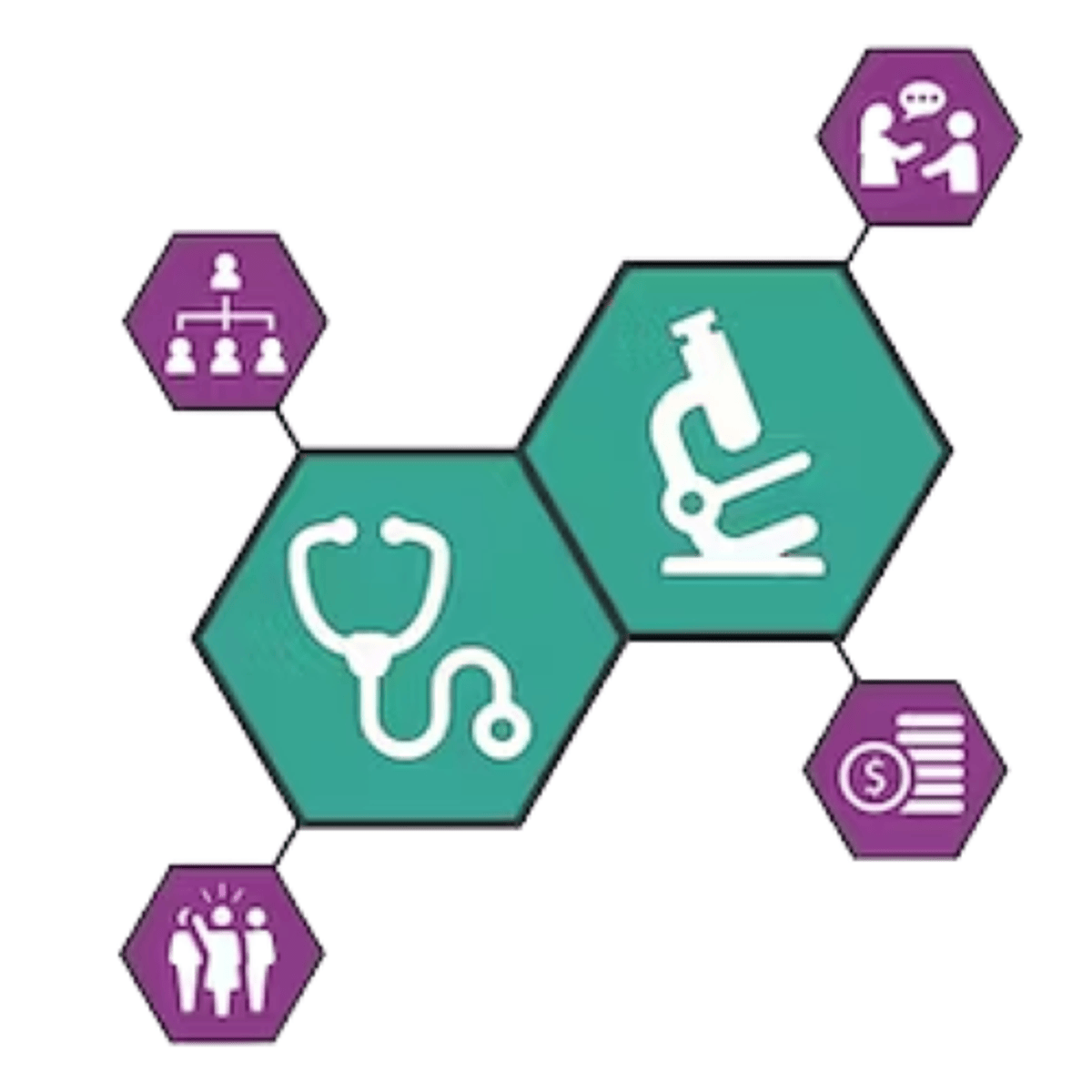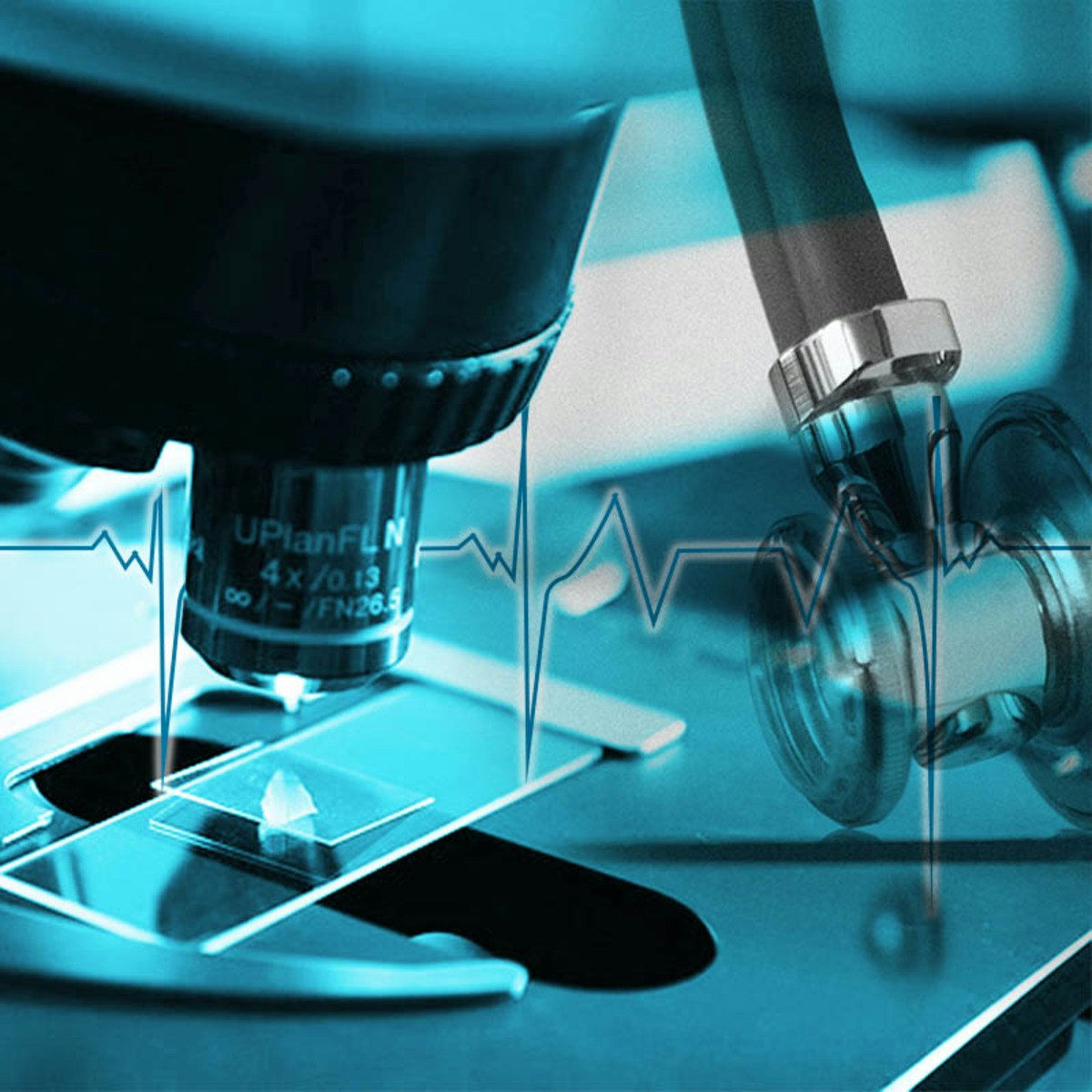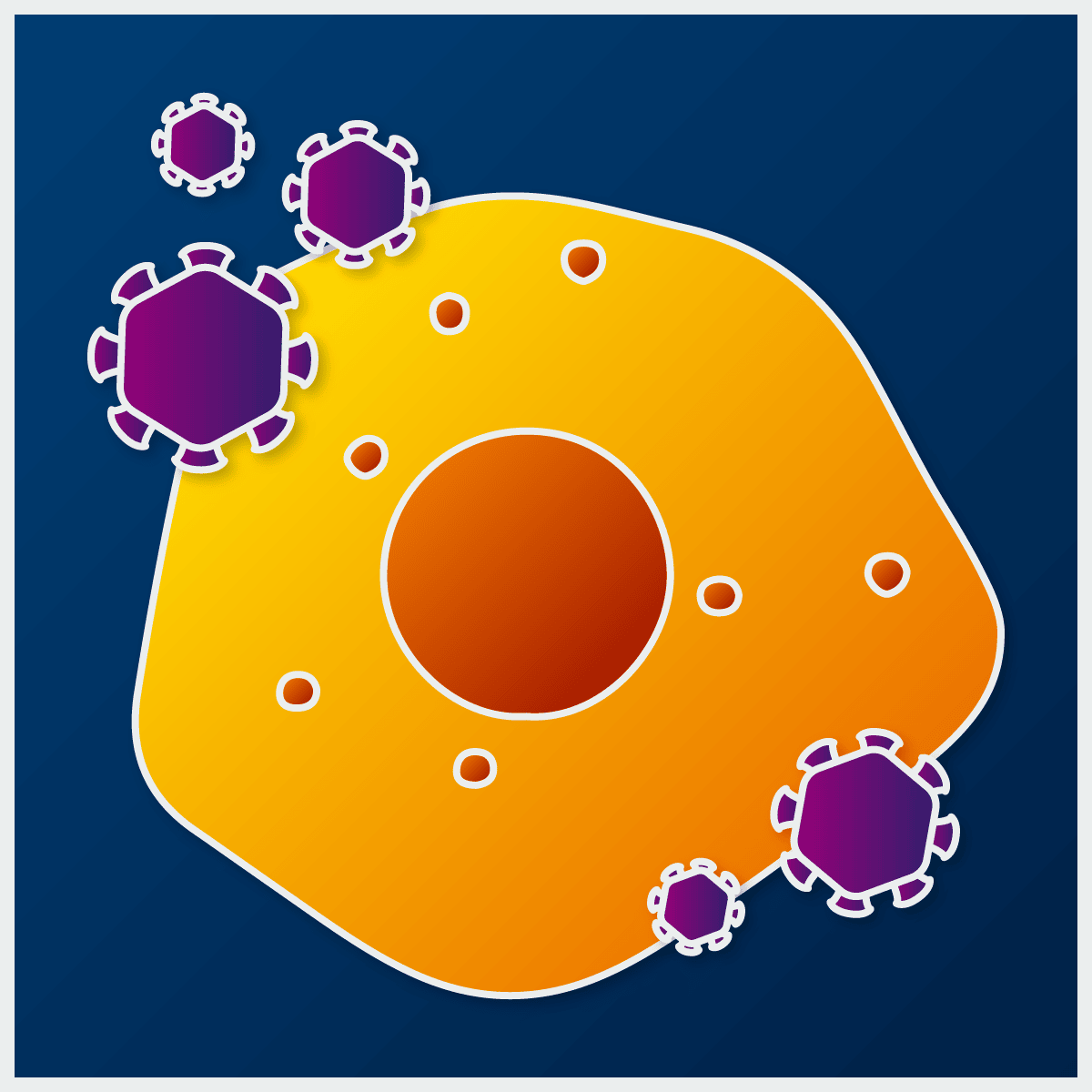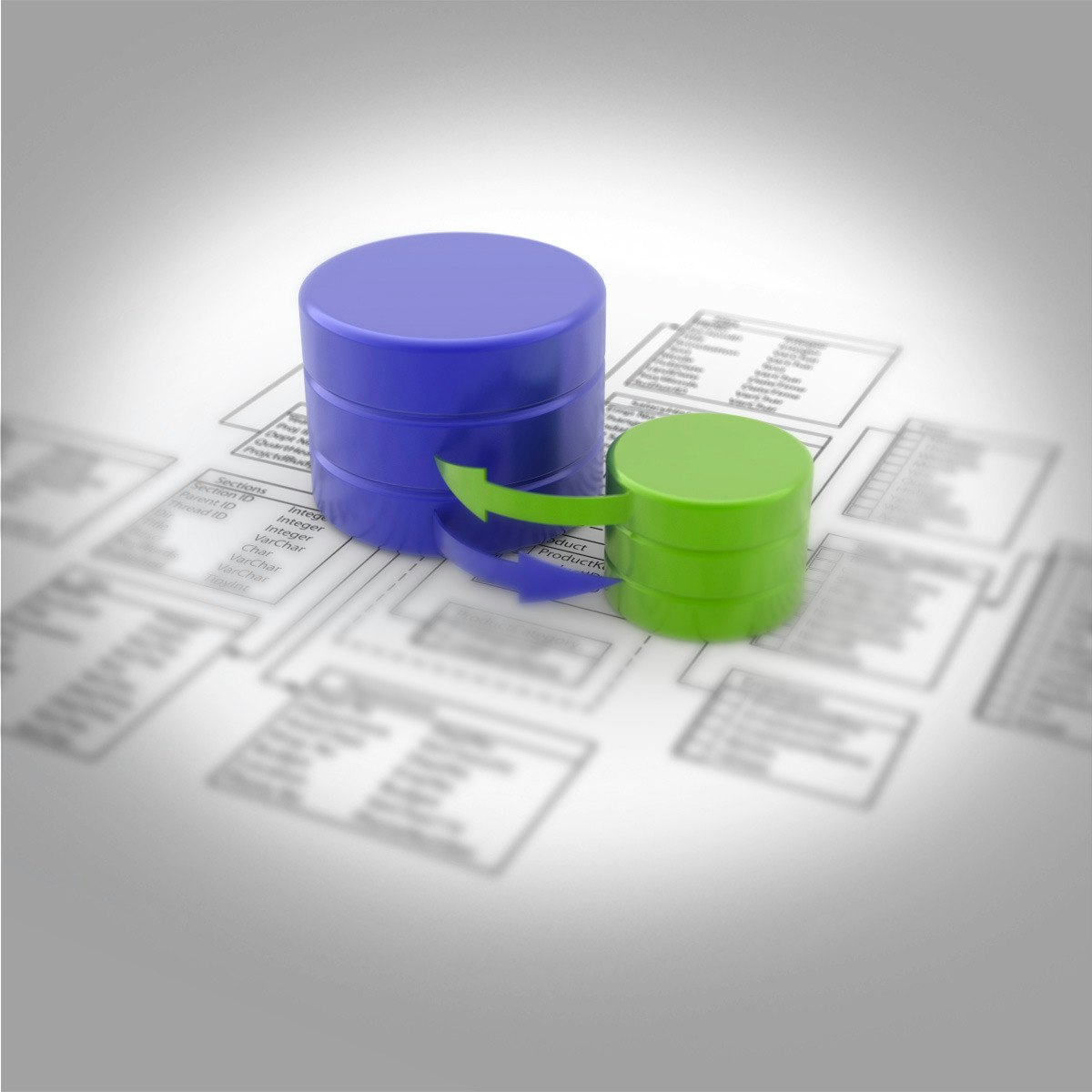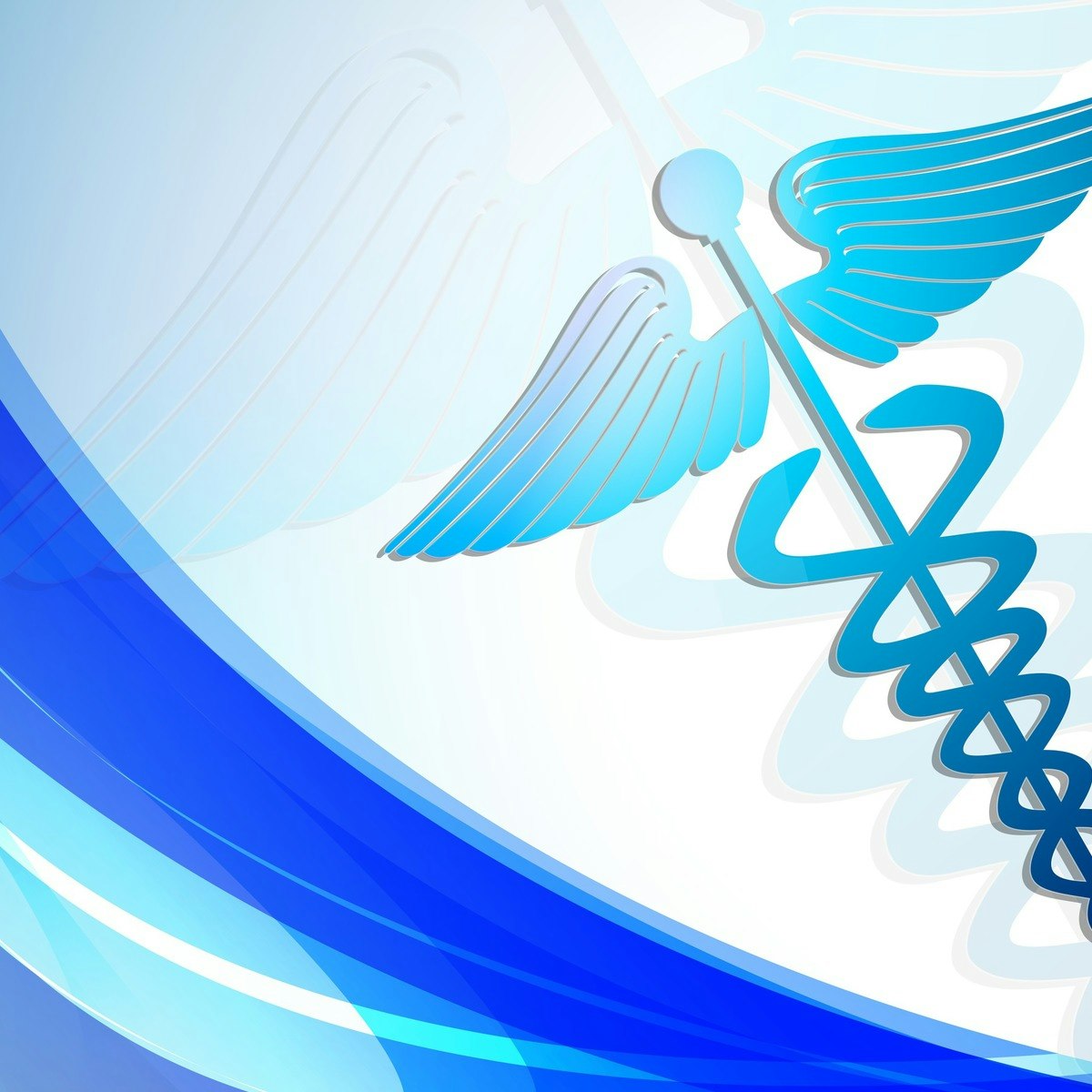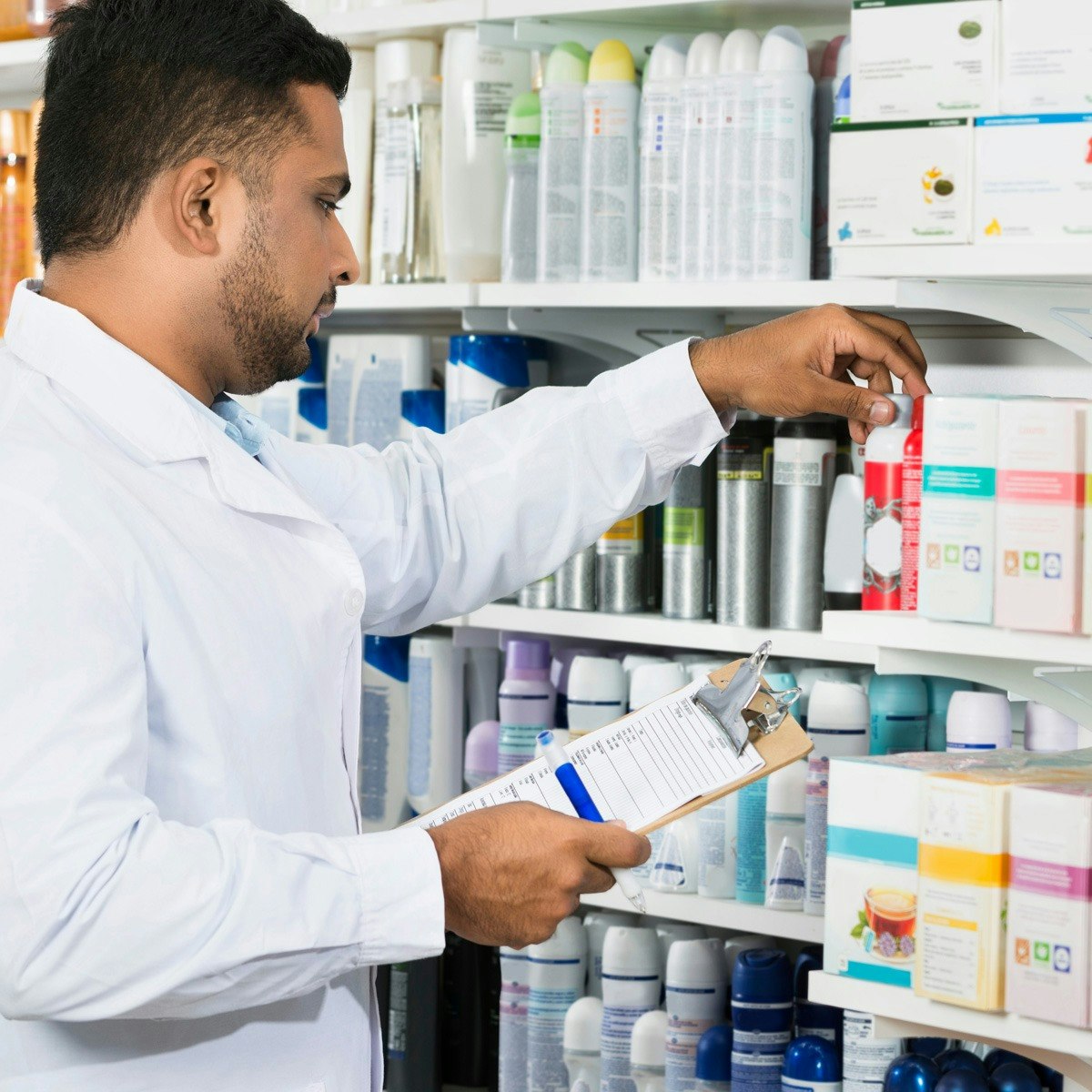Medical Science Liaison
A Comprehensive Guide to the Medical Science Liaison Career
The Medical Science Liaison (MSL) serves as a crucial bridge between pharmaceutical or biotechnology companies and the broader medical community. These professionals possess deep scientific and clinical knowledge within a specific therapeutic area, facilitating the exchange of complex medical information. They are not sales representatives; rather, they are scientific peers dedicated to education and relationship building.
Working as an MSL can be intellectually stimulating and impactful. You engage with leading medical experts, known as Key Opinion Leaders (KOLs), discussing cutting-edge research and clinical data. This role allows you to stay at the forefront of medical advancements and contribute to ensuring therapies are used effectively for better patient outcomes. The dynamic nature of the work, combining scientific rigor with interpersonal skills, makes it an exciting prospect for many.
Introduction to Medical Science Liaison (MSL) Roles
Understanding the MSL profession starts with recognizing its core purpose and place within the healthcare ecosystem. This section introduces the role, its historical context, and the industries where MSLs are most prevalent.
What is a Medical Science Liaison?
A Medical Science Liaison (MSL) is a specialized role within the pharmaceutical, biotechnology, medical device, and contract research organization (CRO) industries. MSLs are field-based professionals with advanced scientific or clinical credentials, typically focusing on a specific therapeutic area like oncology, cardiology, or immunology. Their primary purpose is to establish and maintain peer-to-peer relationships with influential healthcare providers and researchers, often referred to as Key Opinion Leaders (KOLs).
Unlike sales representatives who focus on product promotion, MSLs concentrate on scientific exchange. They communicate complex scientific and clinical data, answer technical questions, and gather insights from KOLs regarding treatment landscapes and unmet medical needs. This information helps inform company strategy in areas like clinical development, medical education, and market access.
MSLs act as trusted scientific resources for both external stakeholders (like physicians and researchers) and internal colleagues (like medical, marketing, and research teams). They play a vital role throughout a product's lifecycle, from pre-launch activities like educating KOLs on emerging data, to post-launch support ensuring appropriate use and understanding of therapies.
The Evolution of the MSL
The MSL role originated in 1967 at Upjohn Pharmaceuticals (now part of Pfizer). The company recognized the need for scientifically trained field staff capable of engaging in substantive discussions with leading medical experts. Initially, these roles were often filled by sales representatives who demonstrated strong scientific aptitude.
Over the following decades, especially in the 1990s and early 2000s, the MSL function grew steadily. This expansion accelerated with increasing regulatory scrutiny on pharmaceutical promotional practices, such as the PhRMA Code adoption in 1999. The need for non-promotional, scientifically credible interactions with healthcare professionals became paramount.
Today, the role has evolved significantly. Driven by increasingly complex therapies (like personalized medicine and biologics), a greater demand for real-world evidence, and empowered patients seeking more information, the MSL is more critical than ever. They are now required to possess advanced degrees and sophisticated communication skills to navigate the intricate healthcare landscape.
Where Do MSLs Work?
Medical Science Liaisons are employed across various sectors within the life sciences industry. The most common employers are pharmaceutical companies, ranging from large multinational corporations to smaller, specialized firms. Biotechnology companies, particularly those focused on innovative therapies like biologics or gene therapy, also heavily rely on MSLs.
Medical device companies employ MSLs to educate clinicians on the scientific and technical aspects of their products. Contract Research Organizations (CROs) may hire MSLs to support clinical trial activities and site engagement. Additionally, some medical communications agencies employ professionals with MSL-like functions.
The specific industry segment often dictates the focus of the MSL role. For instance, an MSL in a large pharmaceutical company might focus on a specific drug within a broad therapeutic area, while an MSL in a smaller biotech firm might cover the entire scientific portfolio of the company.
Core Responsibilities and Daily Activities
The day-to-day work of an MSL is diverse and dynamic, blending scientific expertise with communication and relationship management. Understanding these core functions provides insight into the practical realities of the career.
Engaging with Key Opinion Leaders (KOLs)
A primary responsibility of an MSL is identifying and building relationships with Key Opinion Leaders (KOLs). These are typically leading physicians, researchers, and clinicians who are highly respected experts in a specific therapeutic area. MSLs engage these experts in peer-to-peer scientific discussions.
These interactions are not promotional. Instead, they focus on sharing complex scientific and clinical data, discussing recent research findings, addressing technical inquiries about products or disease states, and gathering insights. MSLs might present data from clinical trials, discuss treatment guidelines, or explore unmet medical needs within the therapeutic area.
Building trust and credibility is essential for effective KOL engagement. MSLs must demonstrate deep scientific knowledge, objectivity, and excellent communication skills. Successful relationships provide valuable feedback to the company and ensure KOLs have accurate, up-to-date information.
Disseminating Clinical Data
MSLs serve as conduits for disseminating complex clinical and scientific information to healthcare professionals (HCPs). This involves presenting data from clinical trials, published literature, and scientific conferences in a clear, balanced, and non-promotional manner. They ensure HCPs understand the science behind therapies, including mechanisms of action, efficacy, and safety profiles.
This educational role extends beyond KOLs to other relevant HCPs who might benefit from the information. MSLs might respond to unsolicited requests for medical information, including potentially discussing off-label uses if initiated by the HCP and handled according to strict company and regulatory protocols.
They often tailor presentations and discussions to the specific needs and expertise level of the audience. This requires strong data interpretation skills and the ability to translate complex science into practical clinical insights. Staying current with the latest research is crucial for this function.
These courses provide foundational knowledge in evaluating and understanding medical research, crucial for disseminating data accurately.
Supporting Clinical Trials
MSLs often play a significant role in supporting their company's clinical development programs. They may assist in identifying potential clinical trial sites and investigators based on their expertise and patient populations. They can educate investigators and site staff on trial protocols and the scientific rationale behind the study.
During ongoing trials, MSLs can serve as a scientific resource for investigators, answering questions about the study drug or procedures. Some specialized MSL roles, sometimes called Clinical Trial Liaisons (CTLs) or Clinical Trial Educators (CTEs), focus specifically on supporting trial recruitment, site management, and ensuring adherence to good clinical practice guidelines.
MSLs also gather insights from investigators about trial progress, challenges, and potential protocol refinements. This feedback loop helps the clinical development team optimize study execution and address issues proactively, contributing to the overall success of the research program.
Understanding the principles of clinical trials is fundamental for MSLs involved in research support. These courses offer insights into trial design, execution, and analysis.
Ensuring Compliance and Ethical Conduct
Operating ethically and within regulatory boundaries is paramount for MSLs. They must maintain a strict separation between scientific exchange and promotional activities. Interactions with HCPs should be unbiased, scientifically accurate, and focused on education, not sales.
MSLs need a thorough understanding of relevant regulations, industry codes (like the PhRMA Code in the US), and company policies governing interactions with HCPs. This includes guidelines on discussing off-label information (only reactively and per protocol), handling confidential data, and managing potential conflicts of interest.
Maintaining compliance requires diligence and integrity. MSLs often receive regular training on ethical conduct and regulatory updates. They must carefully document their interactions and ensure all activities align with the highest ethical standards to maintain trust with stakeholders and protect the company's reputation.
Understanding the ethical landscape of medical research and practice is critical for MSLs. These resources delve into bioethics and responsible conduct.
Essential Skills and Qualifications
Becoming an MSL requires a unique blend of advanced scientific knowledge, communication prowess, and interpersonal skills. This section outlines the typical educational background and key competencies needed for success.
Advanced Degree Requirements
The educational standard for MSL roles has increasingly shifted towards advanced degrees. Most positions require or strongly prefer a doctorate-level qualification, such as a Doctor of Pharmacy (PharmD), Doctor of Philosophy (PhD) in a relevant life science, or Doctor of Medicine (MD).
While a Master's degree (e.g., MSN for nurses, MS in a life science) combined with significant clinical or industry experience might be considered for some roles, particularly in certain therapeutic areas or smaller companies, the doctorate is the prevailing norm. This reflects the need for deep scientific expertise to engage credibly with KOLs.
The specific field of study for the PhD or the specialization for the MD/PharmD should ideally align with the therapeutic areas the company focuses on. For instance, a PhD in oncology is highly valuable for an oncology MSL role.
This book provides a comprehensive overview of cell biology, a foundational subject for many therapeutic areas.
Communication and Presentation Skills
Exceptional communication skills are non-negotiable for an MSL. This includes the ability to present complex scientific data clearly and concisely to diverse audiences, ranging from highly specialized KOLs to internal teams with varying levels of scientific background.
MSLs must be adept at both formal presentations (e.g., at advisory boards or internal training sessions) and informal scientific discussions. Strong listening skills are equally important for understanding KOL perspectives and gathering meaningful insights. The ability to adapt communication style based on the audience and context is key.
Written communication skills are also vital for tasks like crafting follow-up summaries, responding to medical information requests, and potentially contributing to scientific publications or training materials. Proficiency in creating effective visual aids for presentations enhances communication impact.
Developing strong presentation and communication skills is essential. This course focuses on effectively promoting scientific work.
Data Interpretation and Analytical Skills
MSLs must be proficient in critically evaluating and interpreting scientific literature and clinical trial data. They need to understand study methodologies, statistical analyses, and the clinical relevance of research findings to discuss them accurately and confidently.
This involves more than just summarizing study results; it requires the ability to analyze data critically, identify strengths and limitations of studies, and place findings within the broader context of the therapeutic landscape. MSLs use these skills to answer complex questions from KOLs and provide evidence-based insights.
Strong analytical skills also help MSLs synthesize information from various sources – publications, conferences, KOL interactions – to identify trends, unmet needs, and strategic implications for their company. This analytical capability underpins their role as scientific experts.
These courses help build skills in understanding and critically appraising medical research and data.
Networking and Relationship Building
Building and maintaining strong, trust-based relationships with KOLs and other stakeholders is a core function of the MSL role. This requires excellent interpersonal skills, emotional intelligence, and the ability to engage experts on a peer-to-peer level.
MSLs need the confidence and networking skills to connect with senior physicians and researchers. It's about establishing rapport, demonstrating scientific credibility, and fostering collaborative partnerships focused on advancing science and patient care.
Effective relationship management involves understanding KOLs' interests and communication preferences, providing value in interactions, and following through on commitments. Strong internal networking skills are also important for collaborating effectively with cross-functional teams within the company.
Formal Education Pathways
Aspiring MSLs typically follow a rigorous educational path focused on life sciences and advanced clinical or research training. Understanding these pathways helps in long-term career planning.
Undergraduate Foundations
A strong foundation in the life sciences during undergraduate studies is essential. Relevant majors include biology, biochemistry, chemistry, pharmacology, biomedical sciences, or pre-medical tracks. These programs provide the fundamental scientific knowledge required for advanced study.
Coursework should ideally cover core concepts in molecular biology, cell biology, genetics, physiology, and pharmacology. Developing strong analytical and critical thinking skills through science coursework is also crucial preparation for the demands of an MSL role.
While not a direct prerequisite, gaining some research experience through lab work or participating in relevant extracurricular activities during undergraduate years can strengthen applications for graduate programs and demonstrate early interest in scientific inquiry.
These resources offer foundational knowledge in relevant scientific disciplines.
Graduate and Professional Degrees
As mentioned, an advanced degree (PhD, PharmD, MD) is typically required for MSL positions. The choice of degree often depends on individual career goals and interests. A PhD provides deep research expertise, often in a specific scientific discipline relevant to a therapeutic area.
A PharmD offers comprehensive training in pharmacology, pharmacotherapy, and clinical practice, making pharmacists well-suited for MSL roles, particularly given their clinical knowledge. An MD provides direct clinical experience and a deep understanding of patient care and disease management.
Regardless of the specific degree, the graduate or professional program should provide rigorous training in scientific principles, data analysis, and critical evaluation of research. Specializing in a therapeutic area relevant to the pharmaceutical industry (e.g., oncology, immunology, neurology) during graduate studies is advantageous.
The Role of Postdoctoral Research
For PhD graduates, postdoctoral research experience can be a valuable asset when pursuing an MSL career, though it's not always mandatory. Postdoctoral training further deepens scientific expertise, enhances research skills, and often leads to publications and presentations at scientific conferences.
Experience gained during postdoctoral research, particularly if focused on a relevant disease pathway or therapeutic area, can directly align with the needs of pharmaceutical companies. It demonstrates a high level of scientific capability and the ability to contribute meaningfully to scientific discussions.
Furthermore, postdoctoral positions often involve presenting research findings, mentoring junior researchers, and collaborating with other scientists – activities that help develop communication and teamwork skills relevant to the MSL role. It can serve as a bridge between academia and industry.
Considering Dual Degrees
For some individuals, pursuing a dual degree may offer additional advantages. For example, a combined PhD/MBA program integrates deep scientific training with business acumen, which can be valuable for understanding the commercial aspects of the pharmaceutical industry and potentially progressing into leadership roles that bridge medical and business functions.
Similarly, MD/PhD programs provide both clinical expertise and intensive research training, offering a comprehensive background relevant to the MSL role and broader medical affairs functions. While not essential for becoming an MSL, these dual degrees can create unique career opportunities.
The decision to pursue a dual degree should be based on long-term career aspirations, as these programs require a significant time commitment. They can be particularly beneficial for those aiming for strategic leadership positions within the life sciences industry.
Online and Independent Learning Strategies
Beyond formal education, continuous learning through online platforms and self-directed study is crucial for staying current and competitive in the MSL field. This is particularly relevant for career pivoters or those needing to deepen expertise in specific areas.
Specializing via Digital Platforms
Online courses offer accessible and flexible ways to deepen knowledge in specific therapeutic areas or related disciplines. Platforms like OpenCourser provide access to a wide range of courses covering topics from biology and medicine to data analysis and clinical trial management.
Aspiring or current MSLs can use these resources to supplement their formal education, gain expertise in a new therapeutic area, or stay updated on the latest scientific advancements. For example, someone with a background in cardiology could take online courses in oncology if seeking to transition into that field.
Choosing courses from reputable institutions or instructors ensures quality content. OpenCourser features like syllabi previews and user reviews can help learners select the most relevant and high-quality courses to meet their specific learning objectives.
These online courses cover foundational and specialized topics relevant to MSLs, such as translational science, biologics, and specific disease areas.
Simulating Key MSL Activities
While direct experience is invaluable, online resources can help simulate aspects of the MSL role. For instance, courses focusing on scientific communication or presentation skills can help refine abilities crucial for KOL engagement. Some platforms might offer case studies or simulations related to interpreting clinical data or navigating ethical scenarios.
Participating in online forums or communities related to medical affairs or specific therapeutic areas can provide exposure to industry discussions and perspectives. Engaging in these platforms allows individuals to practice articulating scientific viewpoints and understanding current challenges.
Seeking out virtual mentorship opportunities or informational interviews with current MSLs can also provide valuable insights and allow aspiring MSLs to practice discussing scientific topics and asking relevant questions, simulating aspects of professional interaction.
Self-Directed Projects and Skill Demonstration
Undertaking self-directed projects can be a powerful way to demonstrate initiative and relevant skills. For example, an aspiring MSL could conduct a systematic review of literature on a specific therapeutic topic or analyze publicly available clinical trial data using statistical software.
Presenting findings from such projects, perhaps through a personal blog, a presentation to peers, or even a poster at a virtual conference, showcases analytical, interpretation, and communication skills. Documenting these projects on a resume or LinkedIn profile provides tangible evidence of capabilities.
Contributing to open-source scientific projects or participating in data analysis competitions related to healthcare can also demonstrate relevant technical and analytical abilities. These activities show a proactive approach to skill development beyond formal coursework.
These courses cover data management and analysis skills applicable to clinical research projects.
Integrating Online Learning with Formal Education
Online learning should ideally complement, not replace, formal education, especially given the advanced degree requirements for MSLs. Students currently in graduate programs can use online courses to explore specific interests or gain supplementary skills not covered in their core curriculum.
Professionals seeking to pivot into an MSL role can use online learning strategically. It can help bridge knowledge gaps, demonstrate commitment to continuous learning, and acquire specific competencies highlighted in MSL job descriptions, such as expertise in a particular therapeutic area or understanding regulatory affairs.
Certificates obtained from reputable online courses or specializations can be added to resumes and LinkedIn profiles. While not a substitute for a required degree, they can strengthen a candidate's profile, particularly when transitioning from academia or another field.
OpenCourser's Learner's Guide offers tips on integrating online learning effectively, whether you're a student, professional, or lifelong learner.
Career Progression and Advancement
The MSL role is often a gateway to further opportunities within medical affairs and the broader pharmaceutical industry. Understanding the typical career trajectory helps in planning for long-term growth.
Entering the Field
Breaking into the first MSL role can be challenging, often requiring persistence and strategic positioning. While direct MSL experience is preferred, companies may hire candidates with strong academic credentials (PhD, PharmD, MD) and relevant therapeutic area expertise directly from academia or clinical practice.
Other common entry points include transitioning from related industry roles like clinical research associate, medical information specialist, or even specialized sales roles (though the distinction from sales must be clear). Fellowships or internships in medical affairs offered by pharmaceutical companies are excellent pathways.
Networking is crucial. Attending industry conferences, joining professional organizations like the MSL Society, and conducting informational interviews can help build connections and visibility. Tailoring resumes and cover letters to highlight relevant skills (data analysis, communication, therapeutic knowledge) is essential.
For those transitioning, gaining any relevant experience, even in adjacent roles, can be a stepping stone. Consider contract MSL roles or positions in medical information to get a foot in the door.
These resources provide insights into drug discovery and development, relevant context for entering the field.
This book provides a foundational understanding of biomedical science.
MSL Specialization and Seniority
Once established as an MSL, career progression often involves gaining seniority and potentially specializing further. After typically 2-5 years of experience and demonstrated high performance, MSLs can be promoted to Senior MSL roles.
Senior MSLs often handle more complex projects, mentor junior team members, take on leadership roles in specific initiatives (like advisory board planning), or cover larger or more strategically important territories. Compensation typically increases with seniority.
Specialization can occur by focusing deeply within a specific disease state within a broader therapeutic area or by developing expertise in particular functions, such as health economics and outcomes research (HEOR) liaison activities or clinical trial support.
The timeline for promotion can vary based on individual performance, company structure, and available opportunities. Consistently exceeding expectations, demonstrating leadership potential, and contributing strategically are key factors.
Leadership Roles in Medical Affairs
Experienced MSLs often progress into management and leadership positions within Medical Affairs. A common next step is MSL Manager or Field Medical Director, responsible for leading a team of MSLs within a specific region or therapeutic area.
Further advancement can lead to roles like Country Medical Director or Head of Medical Affairs, overseeing all medical affairs activities within a country or region. These roles involve more strategic planning, budget management, cross-functional leadership, and representing the medical perspective at senior levels.
Reaching the highest levels, such as Vice President of Medical Affairs or Global Medical Director, often requires extensive experience, strong leadership skills, strategic vision, and typically an MD degree, though PharmDs and PhDs also attain these positions. These roles shape the overall medical strategy of the organization.
Pivoting to Other Functions
The skills and experience gained as an MSL open doors to other roles within the pharmaceutical and biotech industries. Some MSLs transition into office-based Medical Advisor roles, which focus more on strategy, data analysis, and internal scientific support.
Others may move into related functions such as Clinical Development, Regulatory Affairs, Health Economics and Outcomes Research (HEOR), or Medical Information. The strong scientific background and understanding of the clinical landscape are valuable assets in these areas.
Some MSLs with strong communication skills and strategic thinking might even pivot towards commercial roles like Marketing or Business Development, leveraging their deep understanding of the science and the market. The MSL experience provides a solid foundation for diverse career paths within the life sciences sector.
Industry Trends Impacting MSL Roles
The MSL role is not static; it evolves in response to broader changes in healthcare, technology, and the pharmaceutical industry. Staying aware of these trends is crucial for career planning and effectiveness.
The Rise of Digital Engagement and AI
Technology is significantly impacting how MSLs work. Digital platforms for virtual meetings, content sharing, and data analysis are becoming standard tools. MSLs need to be proficient in using these technologies to engage effectively with stakeholders, especially as HCPs increasingly prefer digital interactions.
Artificial intelligence (AI) and advanced data analytics are transforming how insights are gathered and utilized. AI tools can help identify KOLs, analyze vast amounts of scientific literature, predict research trends, and personalize communication. MSLs will need to understand and leverage these tools to remain effective.
The integration of digital health tools like wearables and mobile apps generates more real-world evidence (RWE). MSLs play a role in understanding, interpreting, and communicating RWE, adding another layer to their scientific exchange activities.
These resources discuss the impact of technology and digital transformation on medical affairs and healthcare.
Globalization and Clinical Trials
The increasing globalization of clinical trials means MSLs may need to interact with KOLs and investigators across different countries and cultures. This requires cultural sensitivity and adaptability in communication styles.
Supporting global trials may involve understanding different regulatory environments and healthcare systems. Companies often seek MSLs who can operate effectively in diverse international settings, especially for roles with regional or global responsibilities.
The expansion of clinical research into emerging markets also creates new opportunities and challenges for MSLs, requiring them to navigate different infrastructures and build relationships in new environments.
Evolving Regulatory Landscapes
Regulatory requirements governing interactions between industry and HCPs continue to evolve globally. Increased focus on transparency, data privacy (like GDPR), and stricter enforcement of anti-kickback and off-label promotion rules demand constant vigilance from MSLs.
MSLs must stay current with these regulations in all territories they cover. This requires ongoing training and a strong commitment to compliance to avoid legal and reputational risks for themselves and their companies.
Changes in how regulatory bodies like the FDA or EMA evaluate evidence, including the growing importance of RWE, also impact the type of data MSLs discuss and the context they need to provide.
These courses cover aspects of regulation and safety relevant to the pharmaceutical industry.
Focus on Value and Patient Outcomes
Healthcare systems worldwide face increasing pressure to demonstrate value for money. Payers and health technology assessment (HTA) bodies demand robust evidence not just on clinical efficacy but also on cost-effectiveness and real-world outcomes.
MSLs are increasingly involved in communicating this value proposition, including engaging with payers and formulary committees. This may require additional expertise in health economics and outcomes research (HEOR).
The shift towards patient-centricity means MSLs also need to understand and incorporate patient perspectives and outcomes into their discussions. Engaging with patient advocacy groups may become a more prominent part of the role for some MSLs.
Ethical Considerations in Medical Science Liaison Work
The MSL role operates at the intersection of science, medicine, and business, creating unique ethical challenges. Upholding the highest ethical standards is fundamental to the integrity and credibility of the profession.
Maintaining the Education-Promotion Boundary
A core ethical principle for MSLs is maintaining a clear distinction between providing objective scientific education and engaging in product promotion. MSL interactions must be non-promotional, balanced, and scientifically accurate.
This can be challenging when discussing company products. MSLs must avoid using marketing language, making comparative claims without robust head-to-head data, or influencing prescribing decisions directly. Their focus should always be on the science and clinical data.
Navigating unsolicited requests for off-label information requires particular care. While MSLs can respond reactively according to strict company policy and regulations, they must never proactively promote unapproved uses. Training and adherence to internal compliance guidelines are crucial.
Managing Conflicts of Interest
MSLs must navigate potential conflicts of interest transparently and ethically. Their employment by a pharmaceutical or biotech company inherently creates a potential conflict, which must be managed by maintaining objectivity and scientific integrity in all interactions.
This includes being transparent about their affiliation and ensuring that any information provided is fair, balanced, and supported by evidence. Financial relationships between the company and KOLs (e.g., research grants, consulting fees) must also be managed appropriately according to disclosure rules.
MSLs themselves must avoid situations where personal interests could compromise their professional judgment or objectivity. Adherence to company codes of conduct and industry ethical guidelines is essential.
Data Privacy and Confidentiality
In their interactions, MSLs handle sensitive information, including potentially confidential company data (e.g., unpublished trial results, pipeline information) and possibly insights gathered from KOLs that may be considered confidential.
MSLs must respect data privacy regulations (like HIPAA in the US or GDPR in Europe) when handling any information related to patients or HCPs. They must also adhere to company policies regarding the handling and dissemination of confidential or proprietary information.
Balancing transparency with stakeholders while protecting sensitive data requires careful judgment. Knowing what information can be shared, when, and with whom is a critical aspect of maintaining ethical conduct.
Global Compliance Differences
Operating in a global environment means MSLs must be aware of and adhere to varying regulations and ethical codes across different countries and regions. What is permissible in one country may not be in another.
This applies to rules governing interactions with HCPs, off-label discussions, data privacy, and transparency requirements. Companies typically provide training on relevant local regulations for MSLs operating internationally or in specific regions.
Cultural differences in communication styles and expectations also need to be considered to ensure interactions are respectful and appropriate across diverse settings. A strong understanding of global compliance is vital for MSLs with multi-country responsibilities.
Medical Science Liaison Roles in Global Markets
The demand for and nature of MSL roles can vary significantly across different global markets. Understanding these regional nuances is important for those considering international careers or working for multinational companies.
Regional Demand and Variations
The MSL role is well-established and in high demand in North America (US and Canada) and Europe, driven by sophisticated healthcare systems and large pharmaceutical markets. However, the specific responsibilities and regulatory constraints can differ between these regions.
In Asia-Pacific markets, the MSL role is also growing rapidly, particularly in countries like Japan, China, South Korea, and Australia. The function may be adapting to local healthcare structures and cultural norms.
Demand in Latin America, the Middle East, and Africa is also increasing, though the role might be less standardized or newer in some countries. Market maturity, regulatory environment, and healthcare infrastructure influence the prevalence and nature of MSL positions.
Understanding demographic trends can provide context for regional healthcare needs.
Opportunities in Emerging Markets
Emerging markets present significant growth opportunities for the pharmaceutical industry and, consequently, for MSL roles. As healthcare access and infrastructure improve in these regions, the need for scientific exchange and medical education increases.
Working as an MSL in an emerging market can offer unique experiences and challenges. It may involve helping to establish the medical affairs function, navigating less-developed regulatory frameworks, and adapting communication strategies to local contexts.
Companies expanding into these markets often seek MSLs with adaptability, cultural sensitivity, and sometimes local language skills to build relationships and support market development effectively.
Cultural Adaptation Strategies
Effective engagement with KOLs and HCPs globally requires cultural intelligence and adaptability. Communication styles, professional etiquette, and relationship-building approaches can vary significantly across cultures.
MSLs working internationally need to be aware of these differences and adjust their approach accordingly. This might involve learning about local customs, adapting presentation styles, or understanding different decision-making processes within healthcare institutions.
Building trust across cultures requires sensitivity, active listening, and a genuine effort to understand diverse perspectives. Companies often provide cross-cultural training for MSLs operating in global roles.
Language and Localization
In many global markets, proficiency in the local language is highly advantageous, if not essential, for effective KOL engagement. While English is often used in scientific communication, interacting with local HCPs in their native language builds stronger rapport.
MSLs may need language skills or work closely with translators or local colleagues. Materials and presentations may also need to be localized, adapting content and language to suit the specific regional audience while maintaining scientific accuracy and compliance.
For multinational companies, managing medical information and compliance across multiple languages and regulatory environments requires robust systems and processes, in which MSLs play a key role.
Frequently Asked Questions (Career Focus)
Aspiring MSLs often have common questions about entering and navigating this career path. This section addresses some of the most frequent inquiries.
Is a PhD/PharmD/MD Mandatory?
While not universally mandatory across every single company or role, an advanced doctorate degree (PhD, PharmD, MD) is the strong industry standard and is required or highly preferred for the vast majority of MSL positions today, especially in larger pharmaceutical and biotech companies. According to the MSL Society, a large percentage (around 70-80%) of MSLs globally hold such degrees.
It is possible, though challenging, to enter the field with a Master's degree (e.g., MSN, MSc) coupled with significant, directly relevant clinical or industry experience (like extensive work in a specific therapeutic area as a nurse practitioner or clinical researcher). However, competition is high, and candidates with doctorates are often favored due to the depth of scientific expertise required.
Some sources suggest PhDs and PharmDs are slightly favored over each other depending on the company, but both, along with MDs, are considered top-tier qualifications. Lack of a doctorate can be a significant barrier.
Can Nurses Transition to MSL Roles?
Yes, experienced nurses, particularly those with advanced degrees like a Master of Science in Nursing (MSN) or a Doctor of Nursing Practice (DNP), can transition into MSL roles. Their clinical experience, patient interaction skills, and understanding of healthcare systems are valuable assets.
The transition often requires demonstrating deep expertise in a specific therapeutic area relevant to the hiring company. Highlighting research experience, publications, presentations, or specialized certifications can strengthen an application.
Networking, tailoring the resume to emphasize scientific communication and data analysis skills, and potentially pursuing additional coursework or certifications related to medical affairs or clinical research can facilitate the transition. Competition remains high, especially against candidates with PhDs, PharmDs, or MDs.
What are Typical Salary Ranges?
MSL roles are generally well-compensated. Salary ranges vary significantly based on location, company size, therapeutic area, experience level, and educational background. In the US, entry-level MSL salaries might start around $118,000, with typical experienced MSL salaries ranging from $150,000 to over $200,000 annually.
Senior MSLs and those in management roles (MSL Managers, Medical Directors) can earn substantially more, often exceeding $200,000 or even $250,000. Compensation packages usually include a base salary plus bonuses, stock options, a company car or car allowance, and comprehensive benefits.
Salary data from sources like Glassdoor or industry surveys (e.g., from the MSL Society) suggest average total compensation (including bonuses) can be around $170,000-$180,000 or higher for experienced MSLs in the US. Note that these figures are estimates and can change based on market conditions.
Is Remote Work Common?
The MSL role is inherently field-based, involving significant travel (often 50-70% of the time) within an assigned territory to meet with KOLs and HCPs at clinics, hospitals, and academic centers. Therefore, it is not a fully remote position in the traditional sense.
However, the nature of the job involves considerable autonomy and remote work *from a home base* within the assigned territory. Administrative tasks, meeting preparation, data analysis, and virtual engagements are often done from a home office.
While the COVID-19 pandemic accelerated the use of virtual engagement tools, face-to-face interaction remains a critical component of building relationships with KOLs. The balance between in-person travel and virtual work continues to evolve, but significant travel is still generally expected.
Certifications vs. Experience: Which Matters More?
For securing an MSL role, both relevant experience and appropriate qualifications are important, but the emphasis can vary. The advanced degree (PhD, PharmD, MD) is often the primary gatekeeper qualification. After that, relevant experience – either direct MSL experience or strong clinical/research experience in the specific therapeutic area – is highly valued.
Certifications, such as the Board Certified Medical Affairs Specialist (BCMAS) or others related to specific therapeutic areas or clinical research, can be beneficial, especially for candidates transitioning from other fields or seeking to demonstrate specialized knowledge. They can enhance a resume and show commitment to the profession.
However, certifications generally do not substitute for the required advanced degree or lack of relevant therapeutic area expertise or strong communication skills. Experience, particularly prior MSL experience or deep clinical/research background, often carries more weight than certifications alone, although certifications can certainly strengthen an application.
Is the Job Market Saturated?
The demand for MSLs has grown significantly over the past decade and is projected to continue growing. Factors driving this include the increasing complexity of new therapies, the need for credible scientific exchange, and the expanding role of medical affairs.
The US Bureau of Labor Statistics projects strong growth for medical scientists, a category including MSLs. Some reports suggest MSL demand might double by 2035. High-growth therapeutic areas like oncology and immunology are particularly strong drivers of demand.
Despite strong demand, breaking into the *first* MSL role remains highly competitive due to the specific qualifications and experience required. Once established in the field, experienced MSLs generally find good job prospects and mobility. Concerns about saturation are less about overall demand and more about the competition for entry-level positions.
Helpful Resources and Further Reading
To further explore the Medical Science Liaison career, consider these resources:
- The Medical Science Liaison Society (MSL Society): Offers resources, training, salary surveys, and networking opportunities for MSLs.
- Accreditation Council for Medical Affairs (ACMA): Provides certification programs like the BCMAS and resources for medical affairs professionals.
- Prospects.ac.uk Job Profile: Provides a concise overview of the MSL role, responsibilities, and qualifications, particularly from a UK perspective.
- OpenCourser Health & Medicine Courses: Browse thousands of online courses to deepen your knowledge in specific therapeutic areas or related skills.
- OpenCourser Career Development: Explore resources for enhancing professional skills like communication, presentation, and leadership.
Engaging with current MSLs through platforms like LinkedIn or informational interviews can provide invaluable firsthand insights into the role and the industry.
Embarking on a career as a Medical Science Liaison requires significant dedication to scientific learning, excellent communication skills, and a commitment to ethical conduct. It offers a unique opportunity to operate at the forefront of medical innovation, engage with leading experts, and contribute meaningfully to improving patient care. While the path requires advanced education and persistence, it can lead to a rewarding and impactful career within the dynamic life sciences industry.











